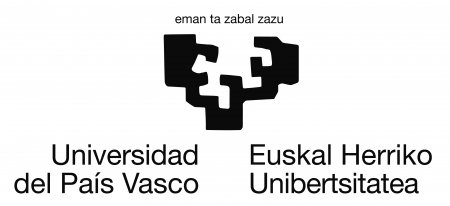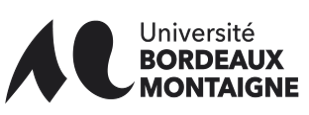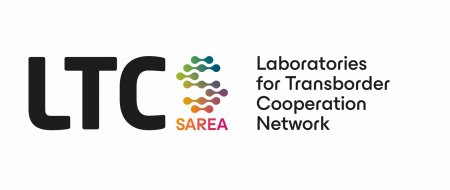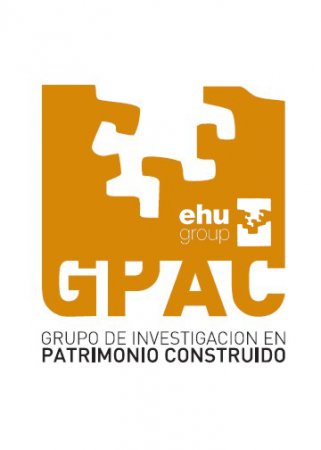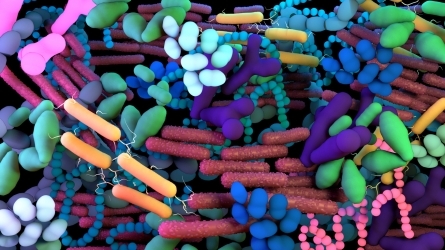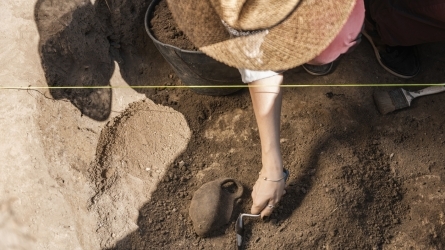
European Meeting on Ancient Ceramics EMAC2025
Description
This workshop is part of the European Meeting on Ancient Ceramics (EMAC 2025), an international conference to be held in Bilbao from September 10 to 12, 2025, preceded by a Summer School on September 8 and 9. The event will bring together experts in archaeology, archaeometry, and applied sciences to present research on ancient ceramic technology, production, provenance, and conservation. Key topics include studies on raw materials, trade networks, organic residue analysis, experimental archaeology, and the development of portable non-destructive analytical techniques such as Raman spectroscopy, FTIR, and pXRF. Advanced digital methodologies, including artificial intelligence, 3D photogrammetry, and big data studies, will also be featured.
Objectives
To promote an interdisciplinary approach to ancient ceramic studies by integrating archaeological theories with cutting-edge technologies.
To explore and discuss innovations in raw material analysis, sustainability in ceramic conservation, and chronological techniques.
To train early-career researchers through practical workshops, contributing to the advancement of analytical tools for the preservation of archaeological heritage.
Activity directed to
- University student
- Teachers
Directors

Javier Garcia Iñañez
Universidad del país vasco, investigador PDI
Registration fees
- The EMAC Summer School will be held on September 8th and 9th. You can sign up during the registration process. The registration fee is 50 € (only one fee).
- Registration fee includes coffee breaks, lunch and social activities.
- Gala Dinner is optional and is not included in registration fee.
| Registration EMAC 2025 | Until 11-07-2025 | Until 31-08-2025 |
|---|---|---|
| 275,00 EUR | 350,00 EUR | |
| 185,00 EUR | 230,00 EUR |
Venue
Bizkaia Aretoa-UPV/EHU
Avenida Abandoibarra, 3. 48009- Bilbao
Bizkaia
Bizkaia Aretoa-UPV/EHU
Avenida Abandoibarra, 3. 48009- Bilbao
Bizkaia
Sustainable development goals
Agenda 2030 is the new international development agenda approved in September 2015 by the United Nations. This agenda aims to be an instrument to favour sustainable human development all over the planet, and its main pillars are the eradication of poverty, a reduction in equality and vulnerability and fostering sustainability. It is a unique opportunity to transform the world up to 2030 and guarantee human rights for all.

4 - Quality education
Guarantee quality education that is inclusive and equitable and foster opportunities for lifelong learning for everyone. Key issues: free-of-charge, equitable and quality education, access to higher education and training on an equal basis, education for sustainable development, suitable education centres for persons with disabilities, and safe, non-violent and efficient learning environments.
More information
